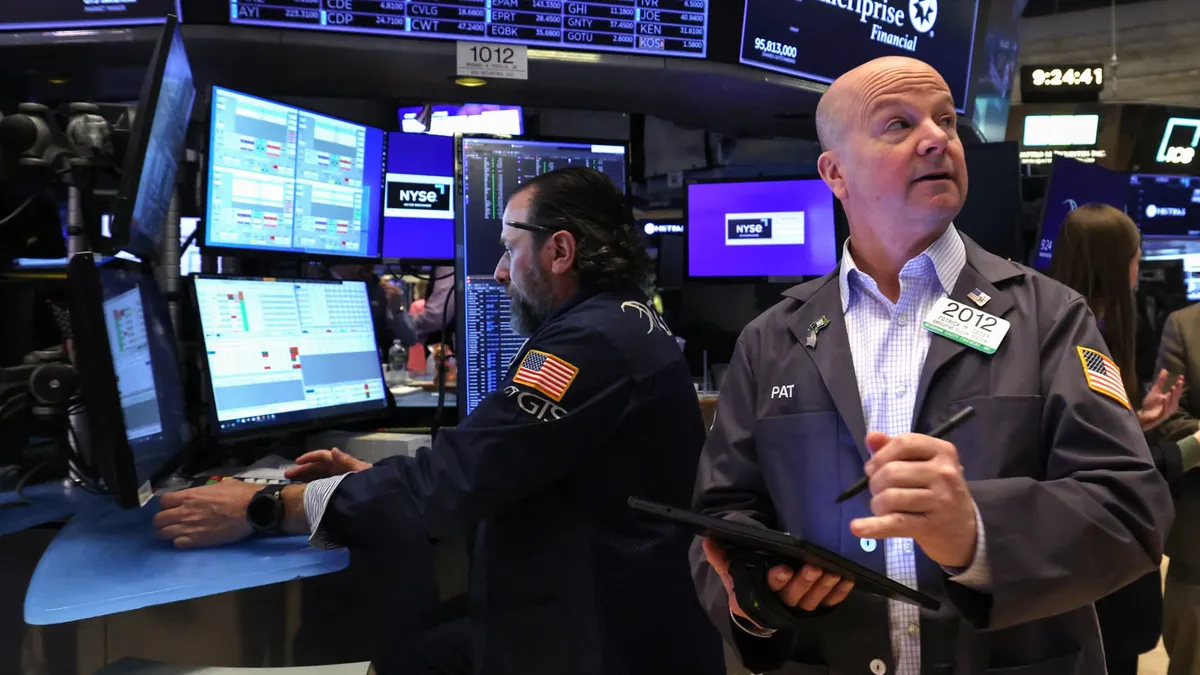
On Monday, stock futures remained relatively stable as investors gear up for an important inflation report. Futures linked to the Dow Jones Industrial Average saw a slight decline, falling by 20 points or 0.05%. In contrast, the Nasdaq 100 futures experienced a modest increase of 0.11%, while S&P 500 futures climbed by 0.2%. This mixed performance highlights the cautious sentiment among investors as they await crucial economic data.
The financial community is particularly attentive to the consumer price index (CPI) report scheduled for release on Tuesday. Investors are eager to glean insights that could influence the Federal Reserve's approach to short-term interest rates. This anticipation is intensified by the fact that the S&P 500 is currently hovering near its all-time high, raising questions about future market movements.
Economists surveyed by Dow Jones predict that the CPI will show an increase of 0.2% month-over-month for July, with a year-over-year rise of 2.8%. Additionally, the core CPI, which excludes volatile categories like food and energy, is expected to increase by 0.3% on a monthly basis and 3.1% compared to the previous year. These figures are critical as they may influence the Federal Reserve's monetary policy decisions moving forward.
Interestingly, investors largely overlooked President Donald Trump's announcement earlier on Monday regarding an extension of the 90-day pause on increased tariffs on Chinese goods. This decision typically could have significant implications for market sentiment, but the current focus appears to be on the potential for interest rate cuts. Many investors seem to believe these cuts could offset the negative impacts of tariffs on the economy.
Brent Schutte, the chief investment officer at Northwestern Mutual Wealth Management, expressed caution regarding the assumption that interest rate cuts will adequately mitigate the effects of tariffs. He stated, "We think it is too early to make that assumption," emphasizing the uncertainty surrounding the extent of tariff impacts and the duration it will take for these effects to work through the economy.
As the market navigates these complex dynamics, high equity valuations could amplify the negative effects of any adverse developments on stock returns. Investors are urged to remain vigilant and informed as they assess the economic landscape and prepare for potential volatility in the markets.